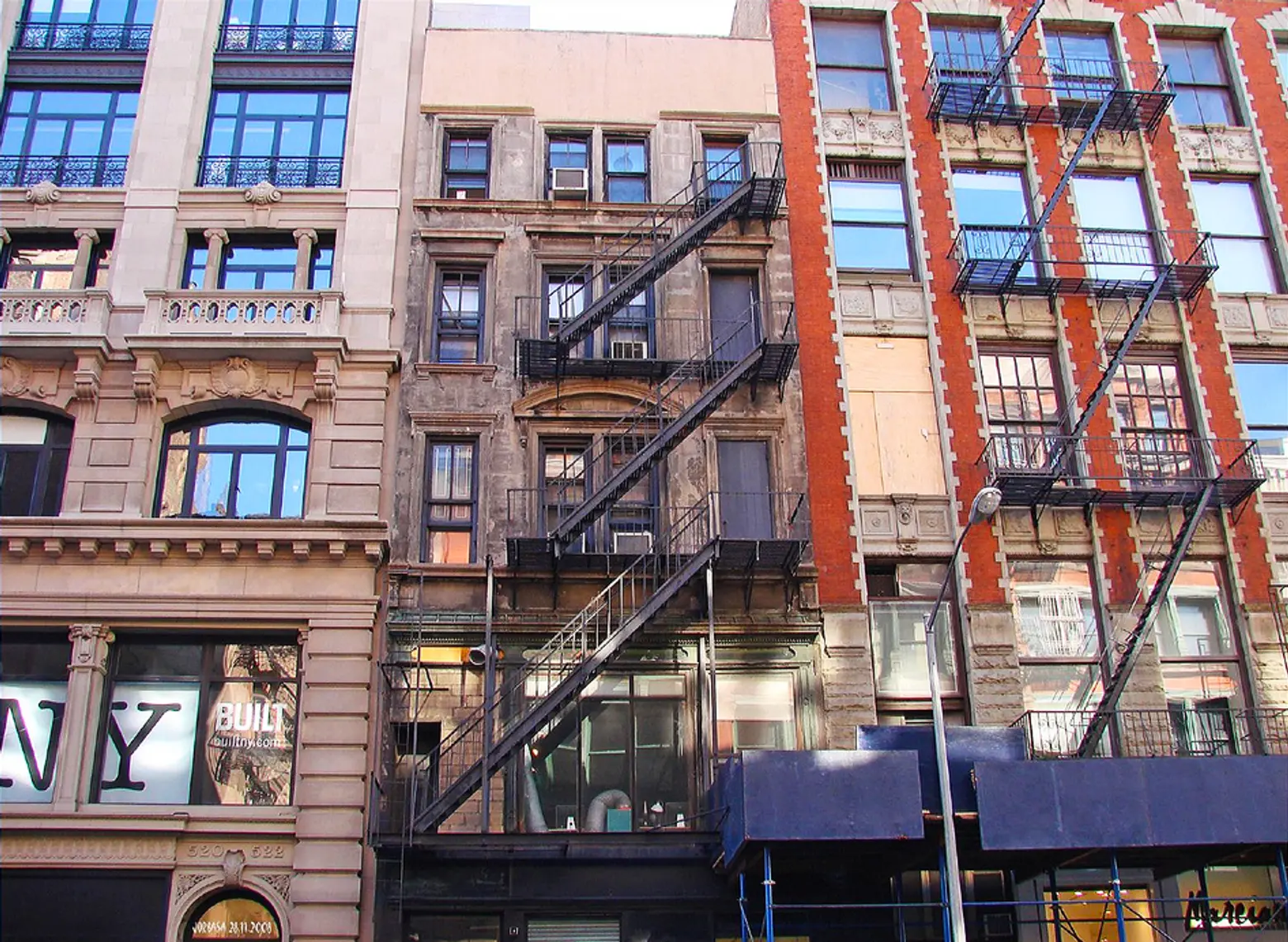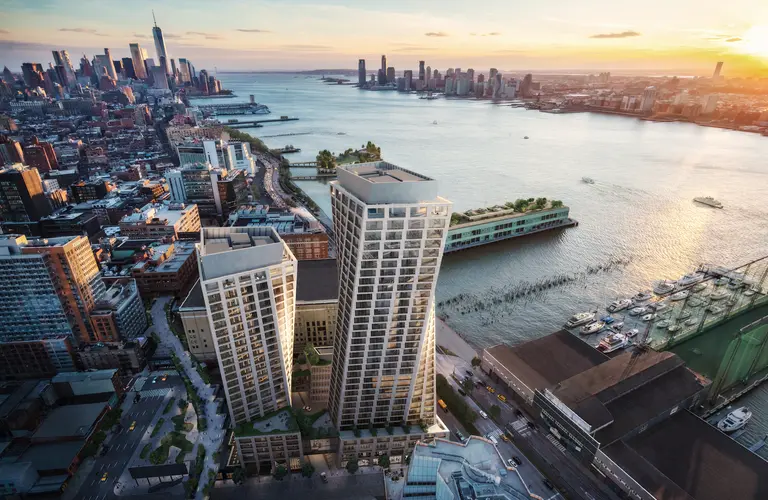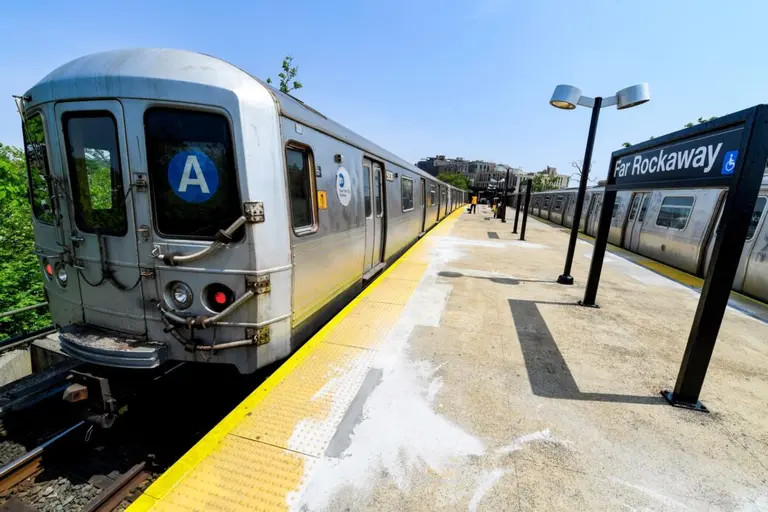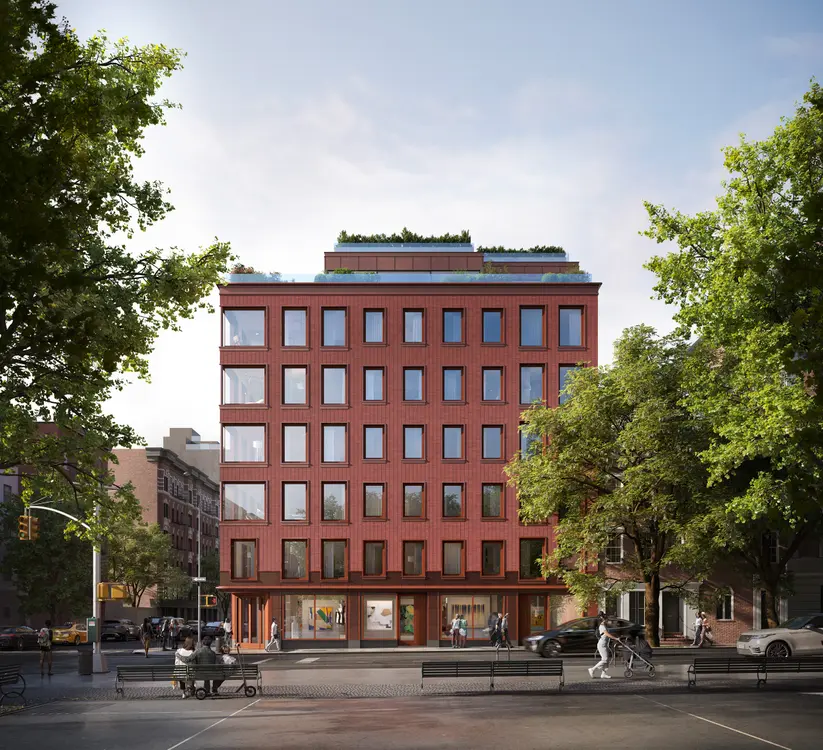Rent Guidelines Board recommends increases between 2.7% and 9% for rent-stabilized units

Image courtesy of Creative Commons
The city’s Rent Guidelines Board on Thursday released a report recommending a rent hike for rent-stabilized apartments due to an increase in operating costs for landlords over the last 12 months. According to the agency’s 2022 Price Index of Operating Costs report, owners saw costs rise by 4.2 percent. Using three formulas, the board recommended an increase in rent of between 2.7 percent and 4.5 percent for one-year leases and between 4.3 percent and 9 percent for two-year leases. The suggested rent increase comes after the board voted to not raise rents for six months last year and fully freeze rents in 2020.
The nine-member board is responsible for adjusting rents for the one million New York City apartments subject to the city’s rent stabilization law. The mayor appoints all of the members, with two representing tenants, two representing landlords, and the remaining representing the “general public,” according to the city.
According to the report, operating costs in buildings increased by 4.2 percent, compared to last year’s projected increase of 0.8 percent. The largest deviation between actual and projected changes in costs was the cost of fuel, which was expected to rise 0.1 percent but actually rose 19.6 percent.
The board uses three formulas to determine annual rent guidelines, with adjustments looking at the projected operating and maintenance costs, as well as inflation.
Using the “traditional” formula, a method used since the creation of the Rent Guidelines Board, the board recommends a rent adjustment of 2.7 percent for a one-year lease and 4.3 percent for a two-year lease. The “Net Revenue” formula found a commensurate rent adjustment using a no vacancy factor is 3 percent on a one-year lease and 6 percent on a two-year lease.
The board’s “CPI-Adjusted NOI” formula yielded a 4.5 percent hike for one-year leases and a 9 percent for two-year leases.
According to the PIOC, the projected change in costs for buildings that house rent-stabilized apartments in 2023 is 4.7 percent. Fuel costs are predicted to decrease by 1.7 percent, but insurance costs are predicted to increase by 15.4 percent.
Last month, Mayor Eric Adams appointed two new members to the board, Arpit Gupta as a public member and Christina Smyth as an owner member. As City Limits reported, Gupta told the news site Vox last year that he is a “little skeptical of rent control,” a comment that sparked concern from tenant advocate groups. On Thursday, Adams appointed Adán Soltren, who will serve on the board as a tenant member and who worked as an attorney with the Legal Aid Society.
The recommendations, as well as Adams’ appointments, show a shift from the de Blasio era, during which there were several rent freezes and only slight increases over eight years.
Last summer, the RGB adopted a proposal that froze rent at NYC rent-stabilized apartments for six months then increased rent by 1.5 percent for the following six months. The unusual guidelines were meant to serve as a compromise between tenants who called for rent freezes and landlords who called for increases, both feeling the financial effects of the pandemic. In 2020, the board froze rent for one-year leases and increased rent for the second year of two-year leases by 1 percent.
In 2019, the board recommended a 1.5 percent increase on one-year leases and a 2.5 percent increase on two-year leases. Before 2020, the board last issued rent freezes in 2015 and 2016.
In a statement released Thursday in response to the preliminary recommendations, the Legal Aid Society called for an “outright” rent freeze.
“Any proposed increase, let alone one of this severity, would have a crushing impact on some of our city’s most vulnerable residents. New Yorkers are still reeling financially from the pandemic, and keeping people housed in units they can afford must remain top of mind,” Adriene Holder, Attorney-In-Charge of the Civil Practice at The Legal Aid Society, said.
“Under Mayor Giuliani and Mayor Bloomberg, real estate enjoyed rubber-stamped, steep rent increases from the Rent Guidelines Board, allowing landlords to line their pockets while our clients were pushed from their homes, many into local shelters. In recent years, the Board has worked to correct this imbalance, but one still remains, and this recommendation would further tip the scale. We call on the Board to hear the cries from low-income tenants, the overwhelming majority from Black and Latinx neighborhoods, and commit to an outright freeze that would allow our clients to remain safely in their homes.”
A public meeting where testimony will be heard is scheduled to take place virtually on April 26. A vote on the final determination will take place this summer.
RELATED:


























